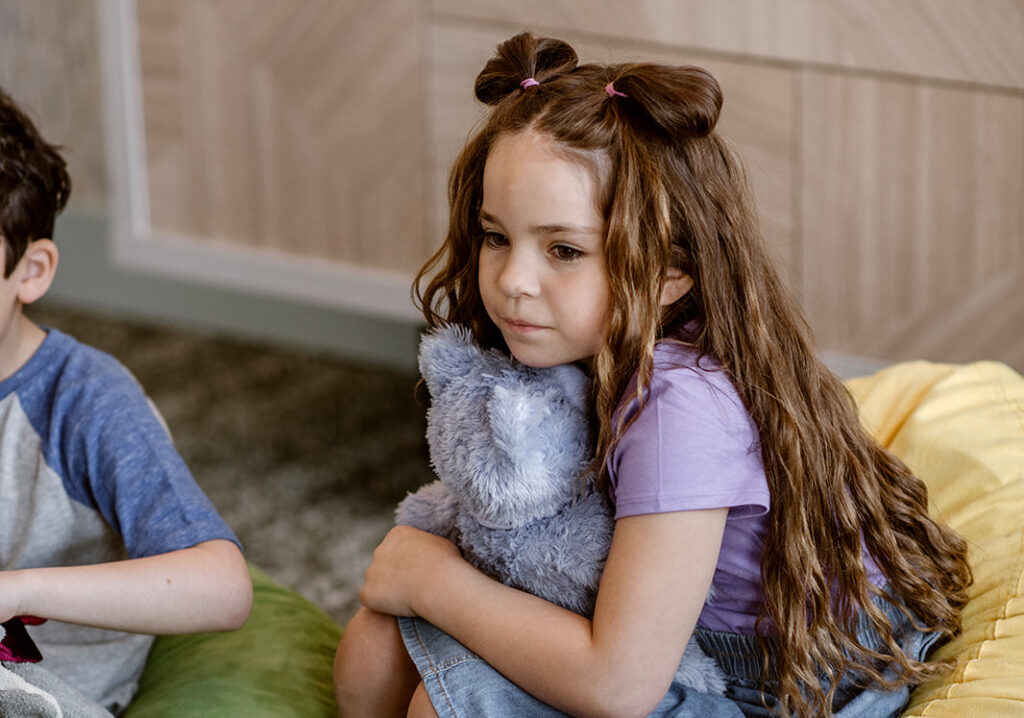
Understanding the impact of childhood grief
1 in 12 children will experience the death of a parent or sibling by age 18 – and research shows that these bereaved children are at an increased risk of disrupted development. Unaddressed childhood grief and trauma can lead to short- and long-term difficulties including decreased academic performance, mental health issues and early mortality. Timely support introduced at critical junctions aids in healthy development.
Why is it critical to address childhood grief?
Unaddressed childhood grief can
have long-lasting impacts including:
– Relationship problems
– Academic difficulties
– Career challenges
Additionally, bereaved children are
at an increased risk of:
– Mental health problems
– Substance use issues
– Suicide
– Early mortality
Reducing the negative impact of childhood bereavement
Comprehensive grief care provides hope and healing
Everyone has the natural capacity to heal with the appropriate support and care. Bereavement centers across the country provide counseling and grief support services to help grieving children and families wherever they are on their unique grief journey.
Watch the video to learn more about how these centers, like Judi’s House, can provide support.